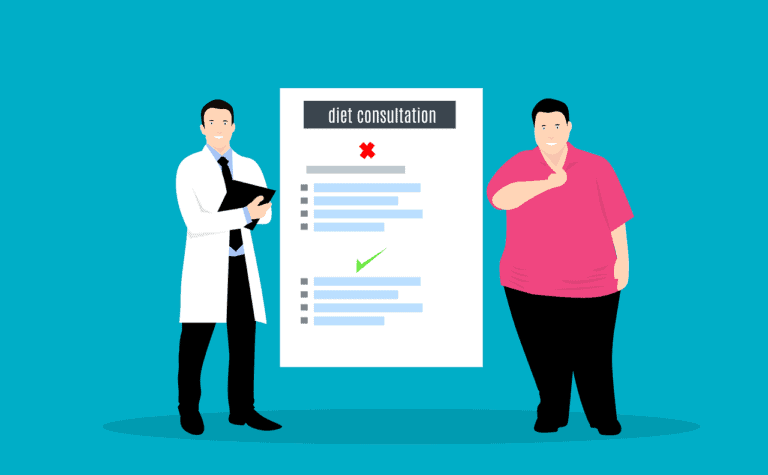When it comes to nutrition, there are certain guidelines everyone should abide by. For example, a diet that’s high in vitamins and nutrients is always recommended. But recent research shows that our individual genetics influence how food is metabolized. That’s why personalized nutrition is important.
Personalized nutrition involves finding a nutrition plan that is best suited to your genetic makeup. It ensures you get the foods that are best tailored to your individual needs. It is an effective way to optimize health considering your medical past, present and future.
Read on to find out more about personalized nutrition and why it is so important.
The Basis for Personalized Nutrition
A recent study showed why personalized nutrition is so important. It involved a set of twins, each of which was measured for sugar and insulin levels and fat markers before and after food consumption. Even though the twins shared the same DNA food profile, they showed different responses to the food.
This shows that DNA on its own does not give us complete insight to our nutritional needs. It is necessary to consider environmental factors and the gut microbiome as well.
Why is Personalized Nutrition Important?
Personalized nutrition may not mean much to otherwise healthy individuals. However, it can be important to those dealing with immunological disorders and allergies. In these cases, doctors may work out a nutrition plan that eliminates triggers that can bring on symptoms.
However, there is evidence that personalized nutrition may be valuable in other applications. For example, a systematic review of 11 studies showed that people who received personalized nutrition advice were more likely to improve their diets than those that received general advice.
Another study of over 1200 participants showed that those who received a 6-month personal nutrition intervention were less likely to eat read meat, salt, and saturated fats and saw a greater improvement in their diet as compared to those who received general nutrition guidance.
Challenges to Personalized Nutrition
Personalized nutrition should be widely adopted. However, there are factors that are preventing this from happening.
For example, doctors need to have access to a vast amount of bio-informational data to come up with an effective plan for patients. And with such a huge amount of data, the conclusions drawn may be controversial.
Personalized nutrition also requires that health teams be apprised of the latest developments in the field of personalized nutrition. This requires the assistance of many specialists which can get quite expensive and time consuming.
There’s also a question of ethical and legal aspects. For example, consumer privacy may become a concern as health information is shared across providers.
Personalized nutrition may be the way to go when it comes to reducing disease-related symptoms and improving health overall. But more steps need to be taken to integrate it throughout the medical community. It is hopeful that it does its part in improving quality of life for those that need it most.



